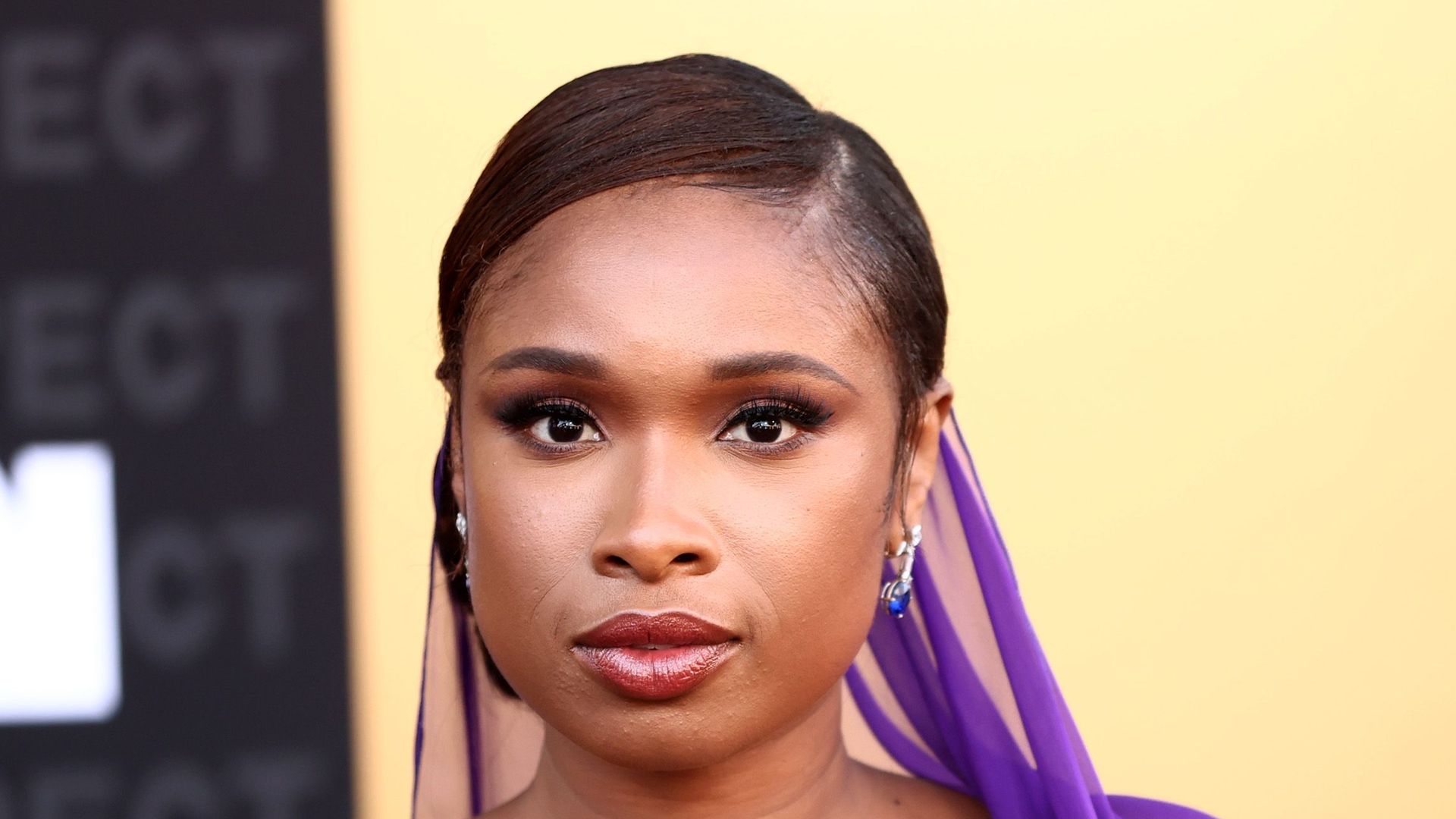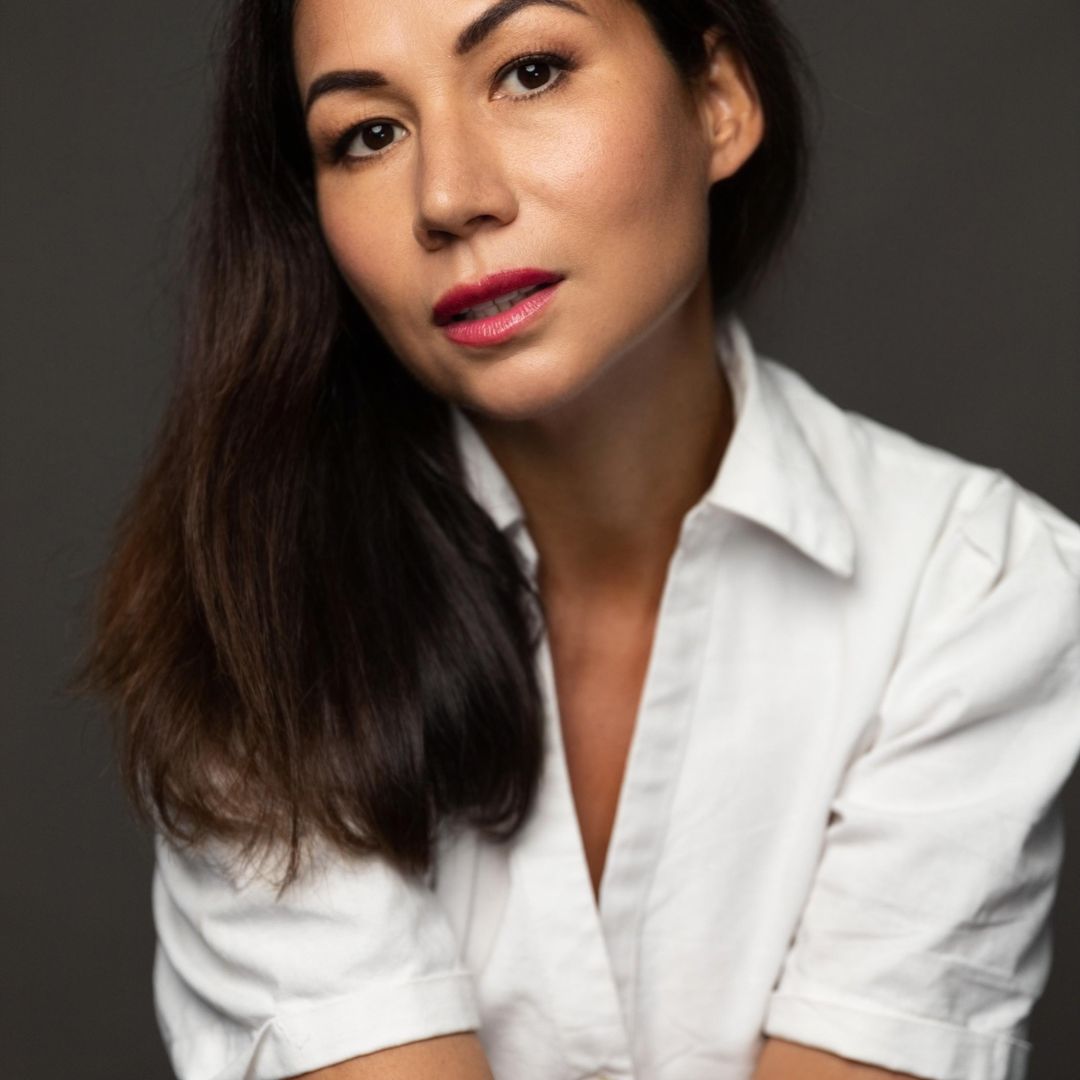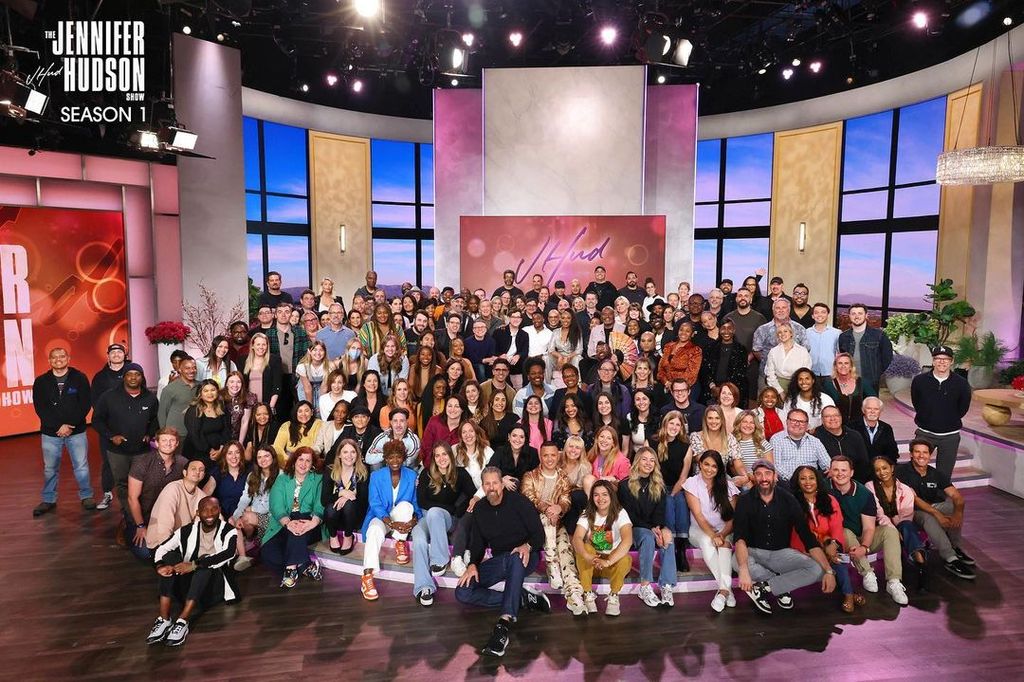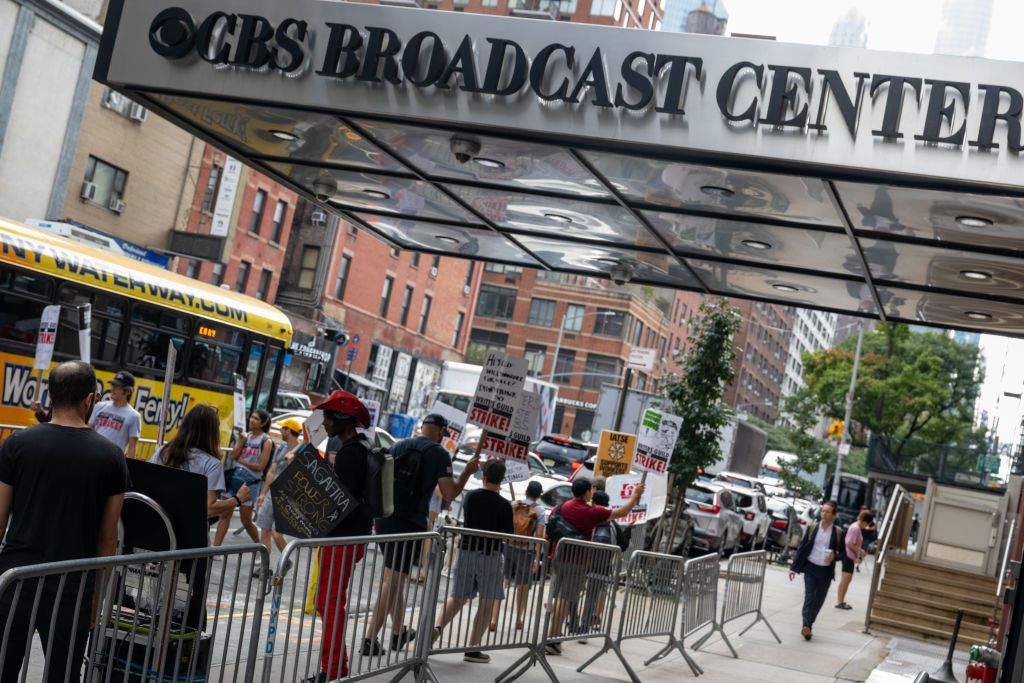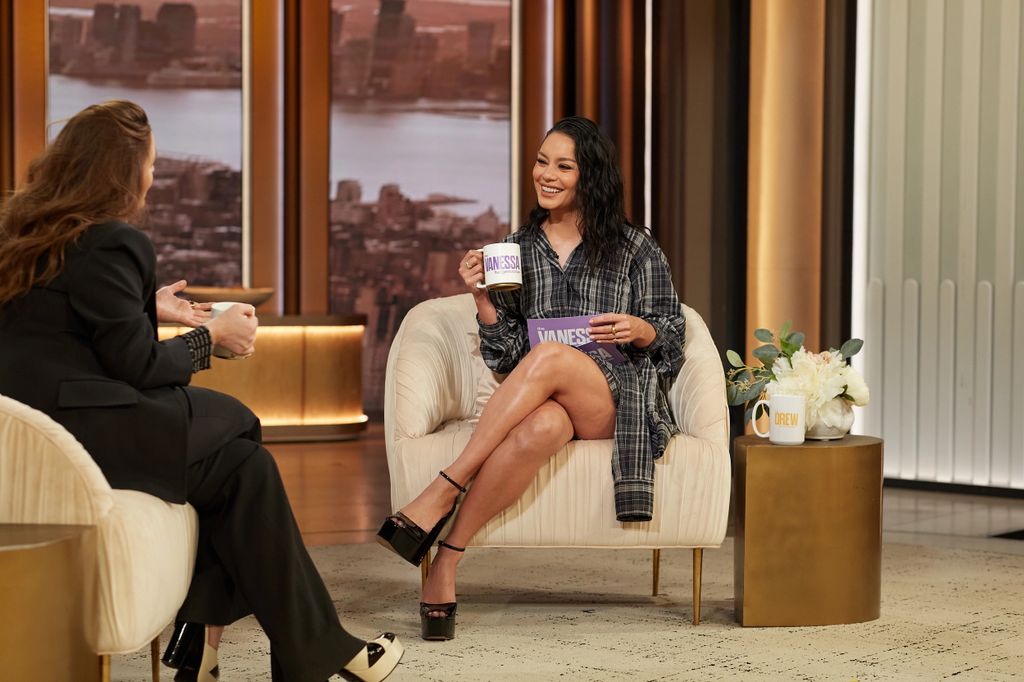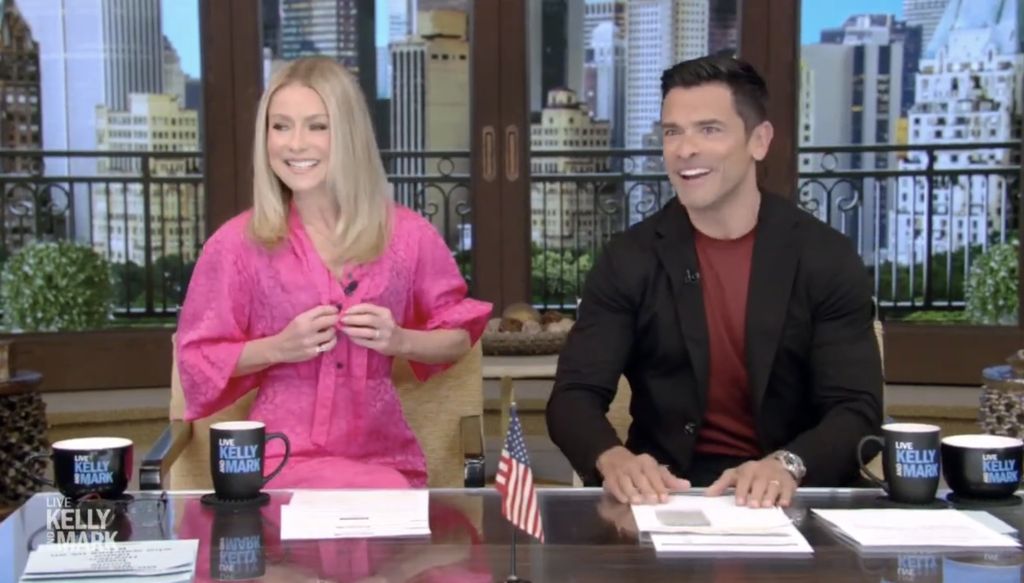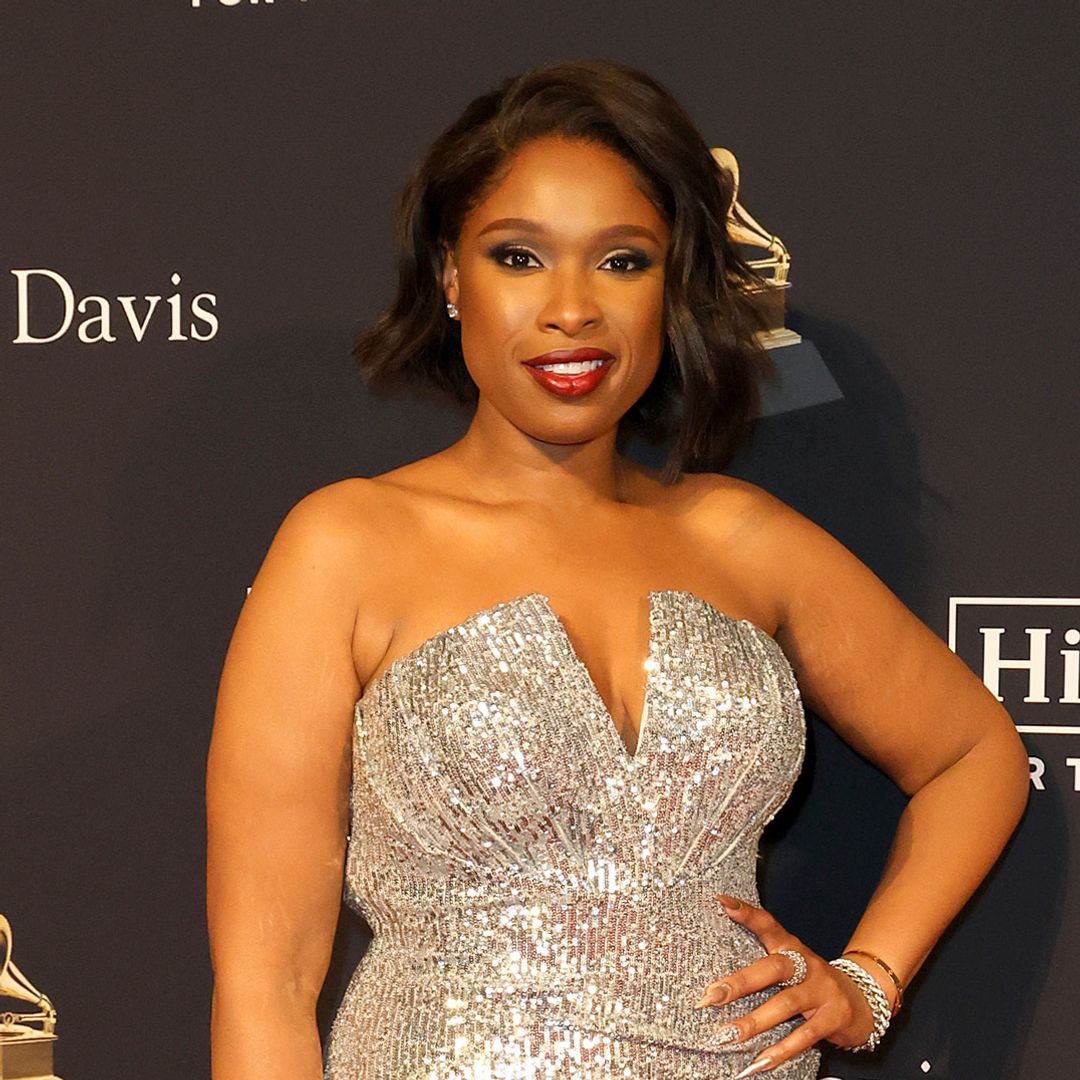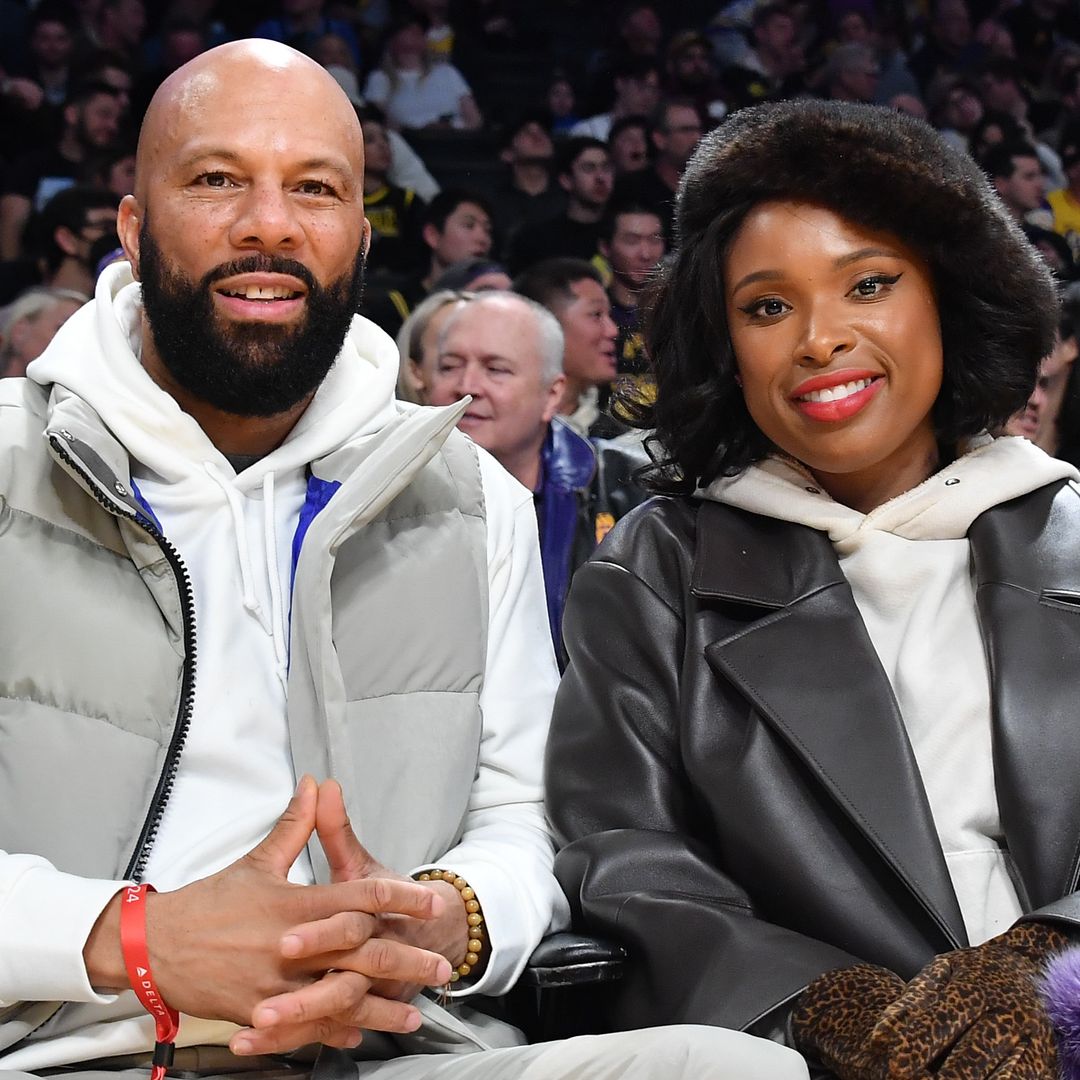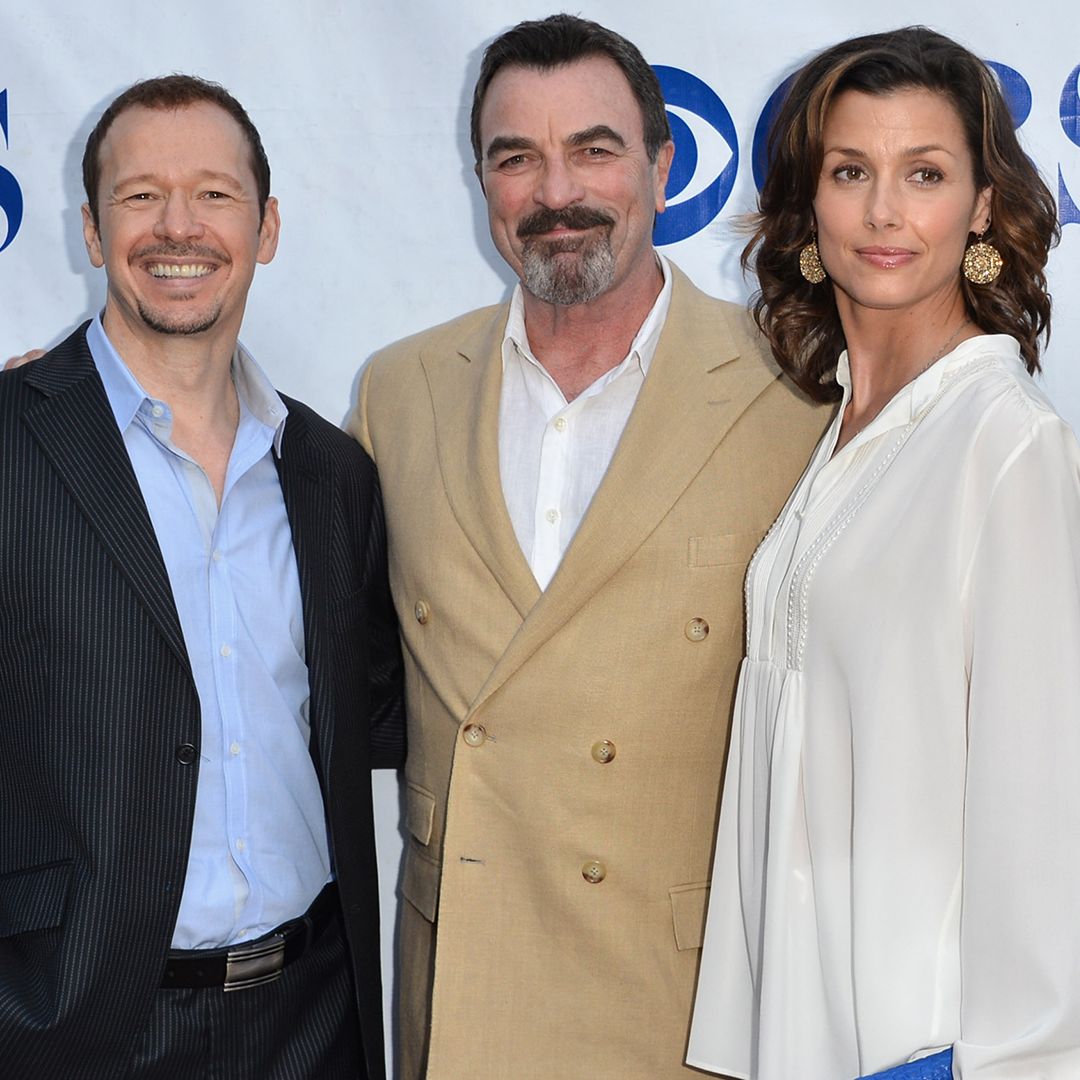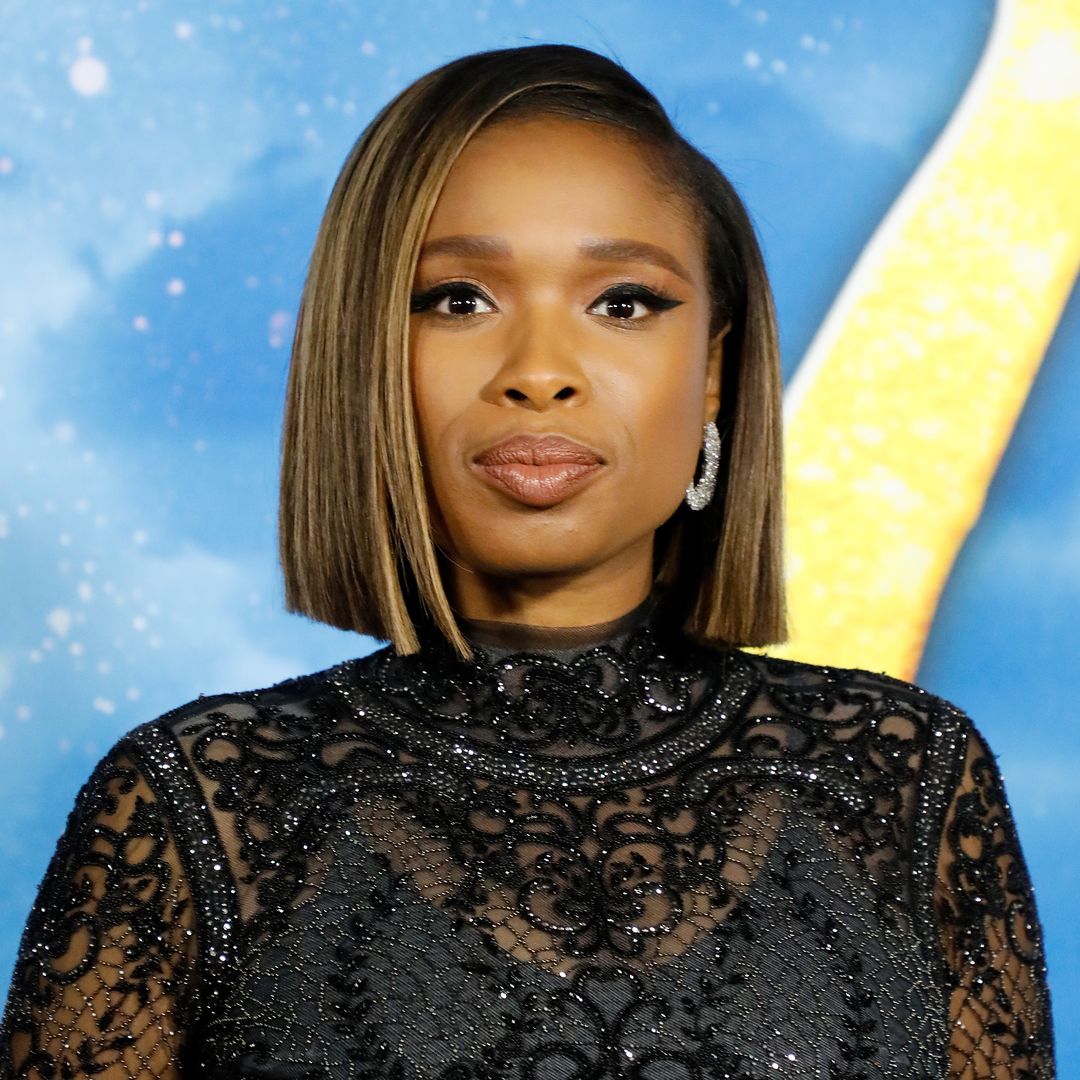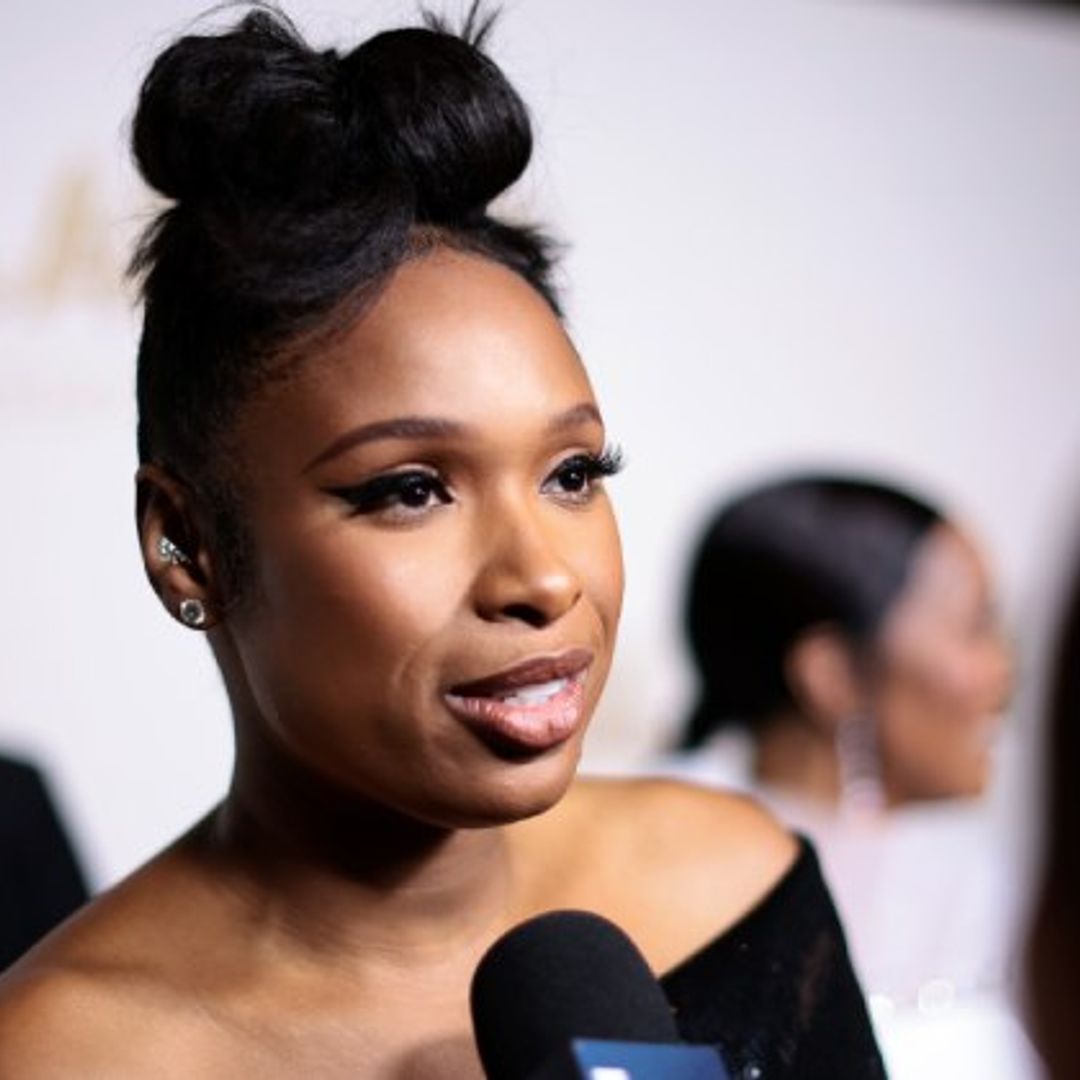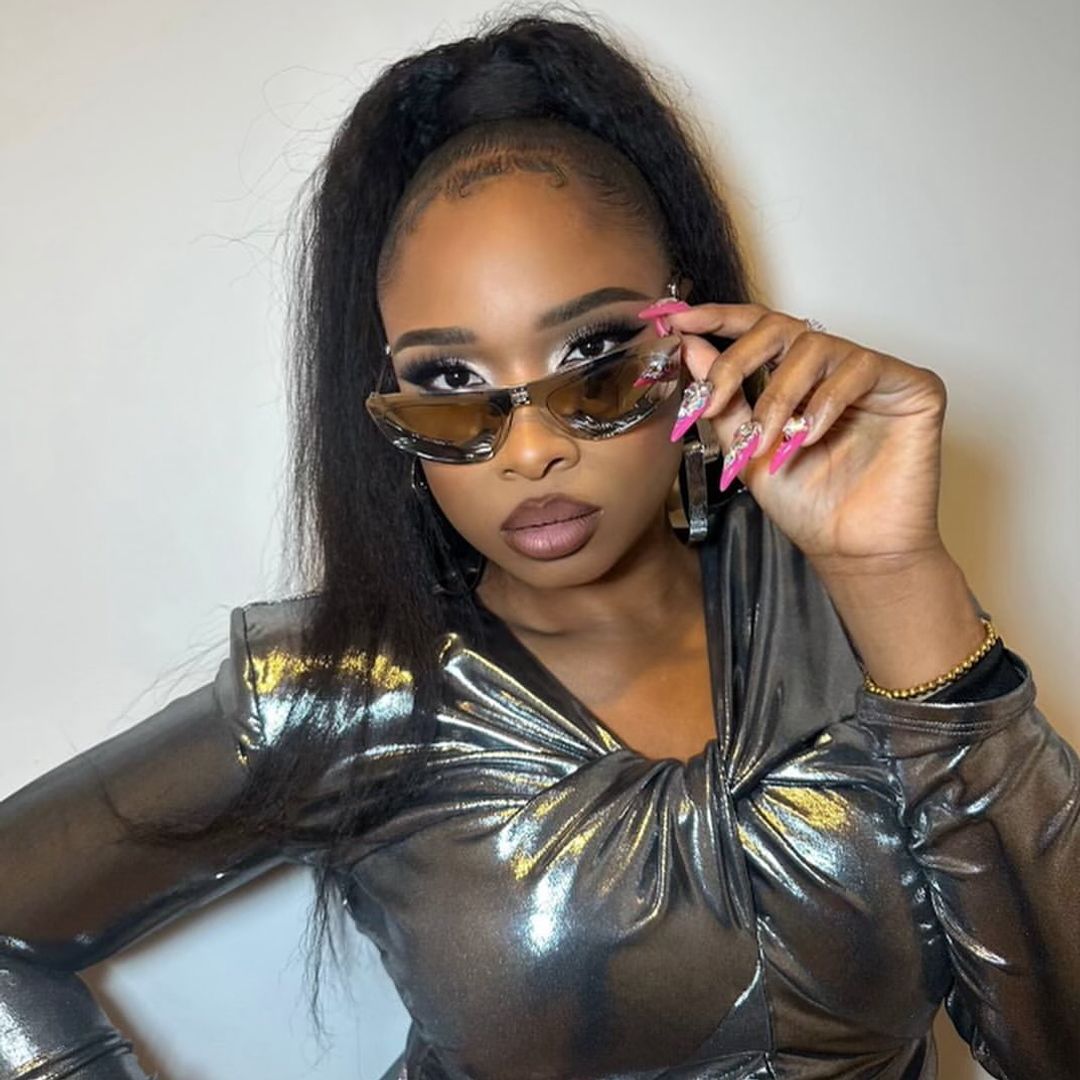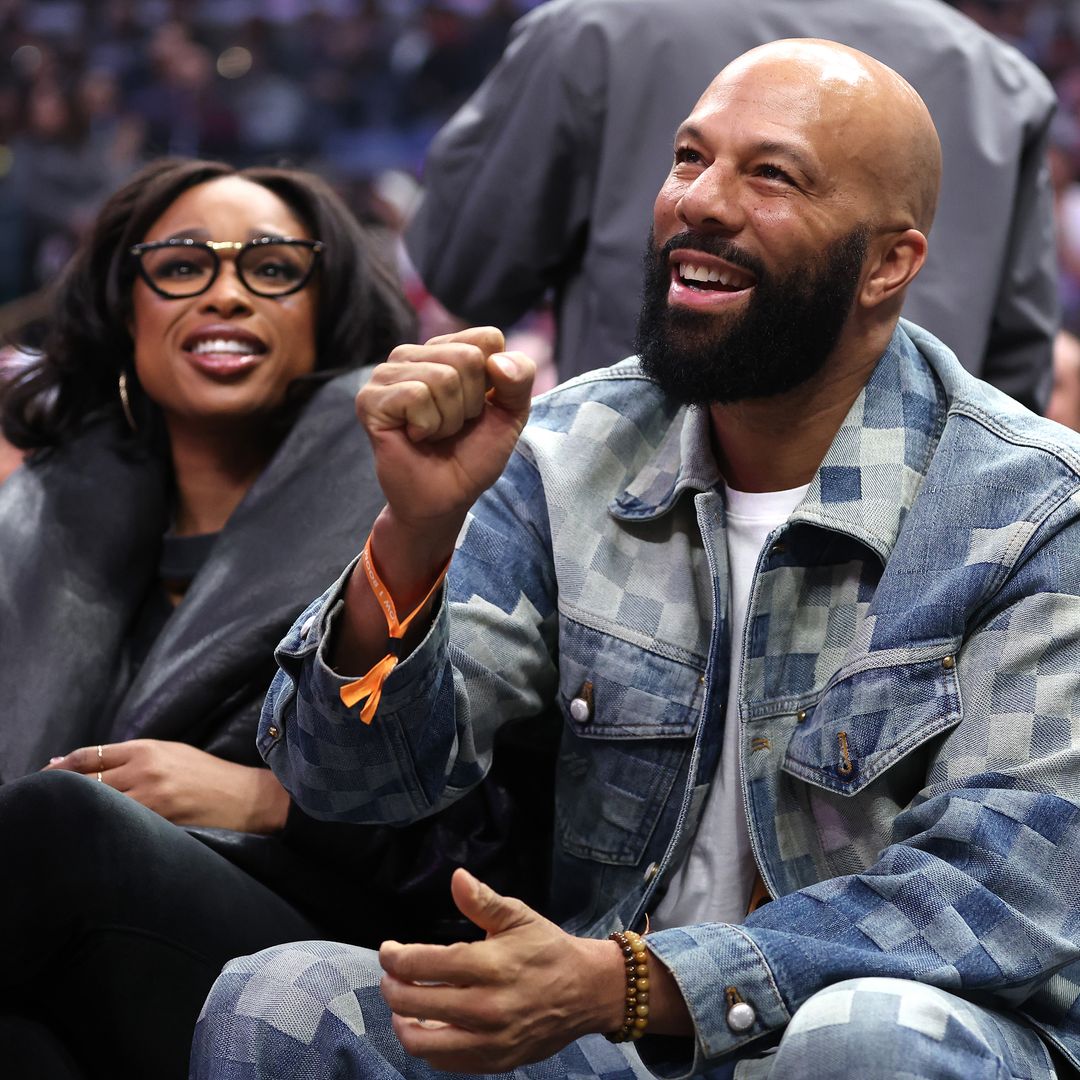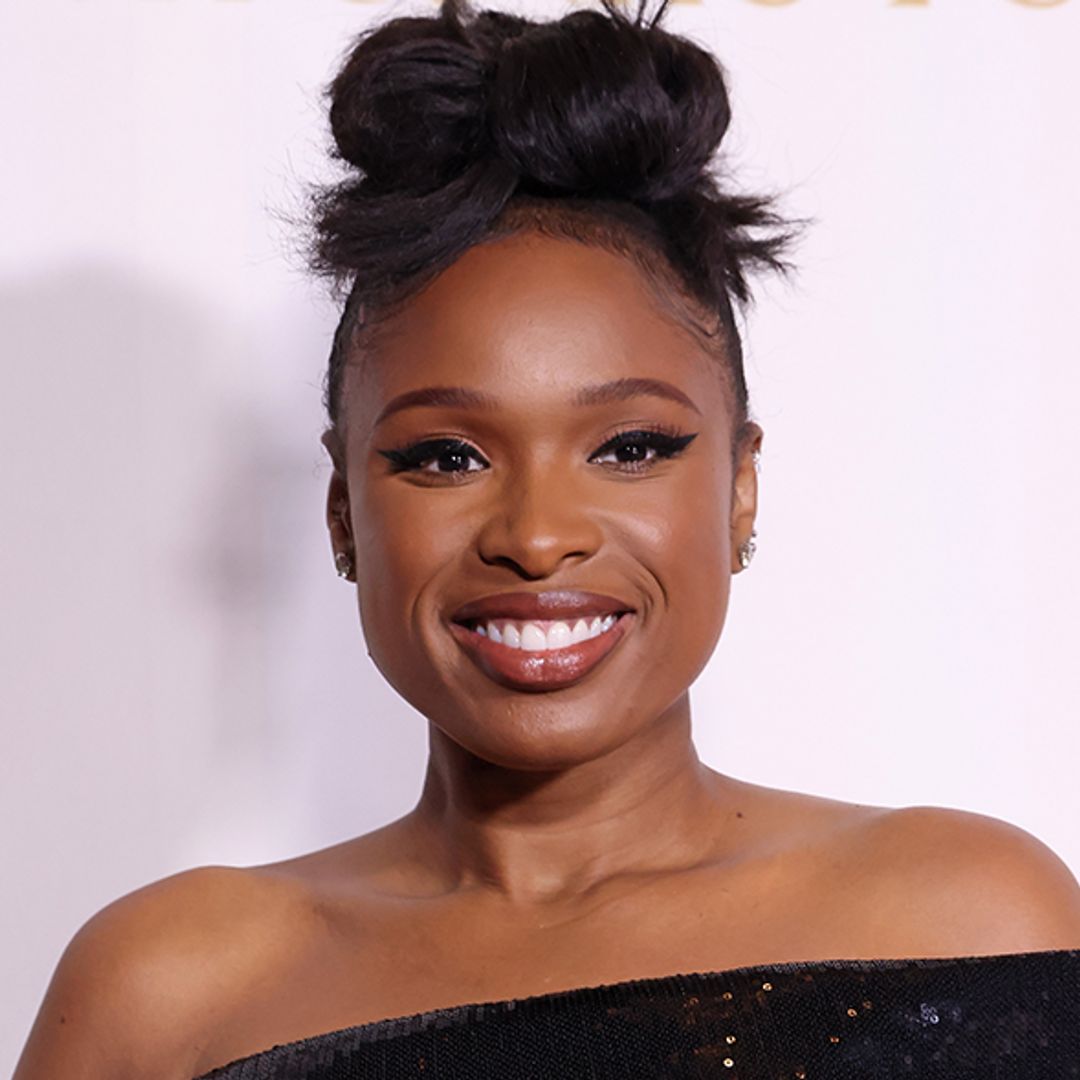The television world witnessed a significant pause as two prominent daytime talk shows, The Jennifer Hudson Show and The Talk, postponed their returns.
This decision came on the heels of Drew Barrymore’s retraction of her previous choice to continue her show amidst an unresolved writers' strike.
A CBS spokesperson conveyed to Variety: "The Talk is pausing its season premiere, initially scheduled for September 18. We are continually assessing our plans and considering options for a fresh launch date."
Having been on air since 2010, The Talk has become a household name, boasting a panel with Jerry O’Connell, Sheryl Underwood, Natalie Morales, Akbar Gbajabiamila, and Amanda Kloots.
Unlike many of its contemporaries, The Talk isn’t nationally syndicated. As a result, it's not contractually bound to churn out fresh content for local affiliates, a challenge that other shows hosted by celebrities like Jennifer, Barrymore, Sherri Shepherd, and Kelly Clarkson grapple with.
Interestingly, before the writer's strike began on May 2, The Talk had already stopped producing new episodes. Reports suggest that picketers were spotted outside their Studio City, California facility during a rehearsal last week.
Adding to the domino effect, The Jennifer Hudson Show, which had planned to unveil its second season on Monday, announced a production hiatus due to the labor disputes, insiders revealed to Variety.
Navigating the complex world of showbiz regulations, talk shows operate under SAG-AFTRA's Network Code. This allows hosts to helm shows without breaching guidelines during the ongoing actors' strike.
However, Drew Barrymore found herself in the eye of a social media storm when she taped new episodes of her daytime talk show in the midst of these strikes.
Addressing the criticism, she took to Instagram on Sunday, saying: "I have listened to everyone, and I am making the decision to pause the show's premiere until the strike is over. I deeply apologize to anyone I may have hurt and, of course, to our incredible team who has shaped the show into what it is today."
When Barrymore's show resumed its recordings in New York the previous week, striking writers picketed outside her studio. A representative from CBS Media Ventures later commented, "We support Drew's decision to pause the show’s return and recognize the intricacy and challenges of this situation for her."
Contrarily, some shows, such as The View (currently in its 27th season on ABC), Tamron Hall, and Live With Kelly and Ryan, have returned to production, unaffected by writers guild rules.
The key? If hosts and guests steer clear of discussing or promoting works that fall under television, theatrical, or streaming contracts, they're not explicitly violating the strike rules. This is primarily due to talk shows operating under the Network Code, distinct from the contracts that actors and writers are currently striking over.
The same code also governs realms like reality TV, sports broadcasts, morning news, soap operas, and game shows.
Drew's initial decision led the National Book Awards to reconsider her role as their November host. They rescinded their invitation due to her show's resumption.
The ongoing writer’s strike sees a clash between the Writers Guild of America and the Screen Actors Guild-American Federation of Television and Radio Artists (SAG-AFTRA) on one side and the Alliance of Motion Picture and Television Producers on the other.
The latter represents giants like Disney, Netflix, and Amazon, making the strike one of the significant movements in modern television history.
